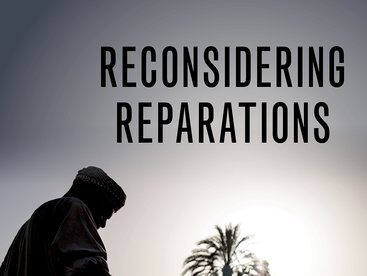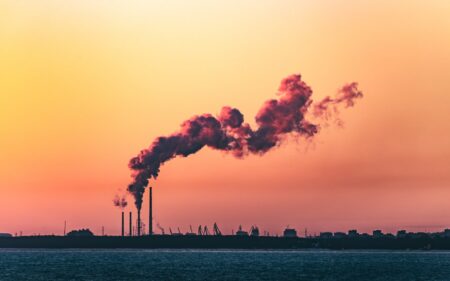
Reconsidering Reparations
For better or worse, our world stands on the precipice of major changes. Our current energy system is driving a rapidly unfolding climate crisis, and the need for total transformation “at every level of society” is now the prevailing scientific opinion. Given this context, Reconsidering Reparations argues for two things. First, reparations for trans-Atlantic slavery and colonialism should be seen as a future-oriented project engaged in building a just social order. Second, if we accept that view, then reparations and the struggle for racial justice should be directly linked to the struggle for climate justice.







